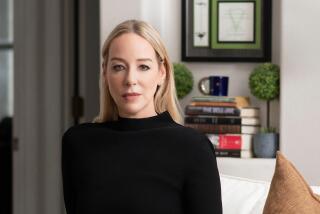Janis Gaye was Marvin Gaye’s muse — she ‘saw my soul,’ he said — and so much more
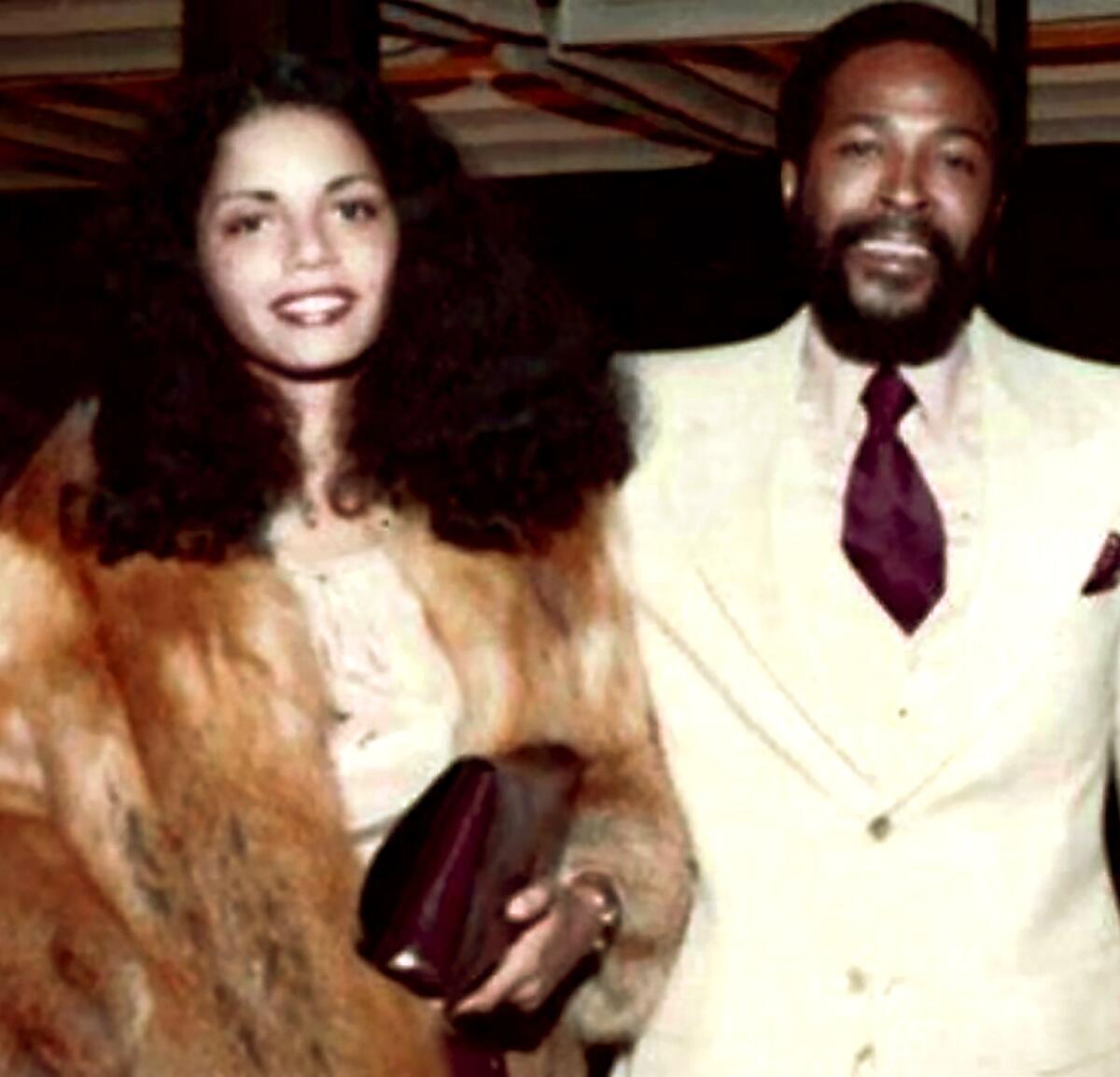
In 2016, Jan Gaye was invited to dinner with bell hooks, the great humanist intellectual, and asked me along. Jan and I had recently collaborated on her autobiography, “After the Dance,” and hooks was eager to meet the woman who had been Marvin Gaye’s second wife.
Hooks soon saw what I had already seen in our work together. Jan had a wonderful sense of humor, a radiant smile and a brilliant mind. She knew hooks’ writing and was not in the least intimidated by her presence. Within minutes, they spoke as old friends. Both women were warm and welcoming. They were also scintillating storytellers.
It was Jan’s story, though, that hooks was eager to discuss.
“You’re one of the most honest and courageous women I’ve ever met,” hooks said. “But I must ask you — how in the world did you ever survive?”
Jan smiled and replied, “Some spirit inside kept pushing me in a positive direction.”
“Was that spirit connected to Marvin?” asked hooks.
“Definitely,” said Jan. “For all that was troubling about our life together, he conveyed a positive spirit of love that somehow prevailed. Even to this day, I put on his music and can’t help but feel my spirit renewed.”
Janis Hunter Gaye died Dec. 3. She was 66. For the last several years, she had been living in Providence, R.I., along with her immediate family.
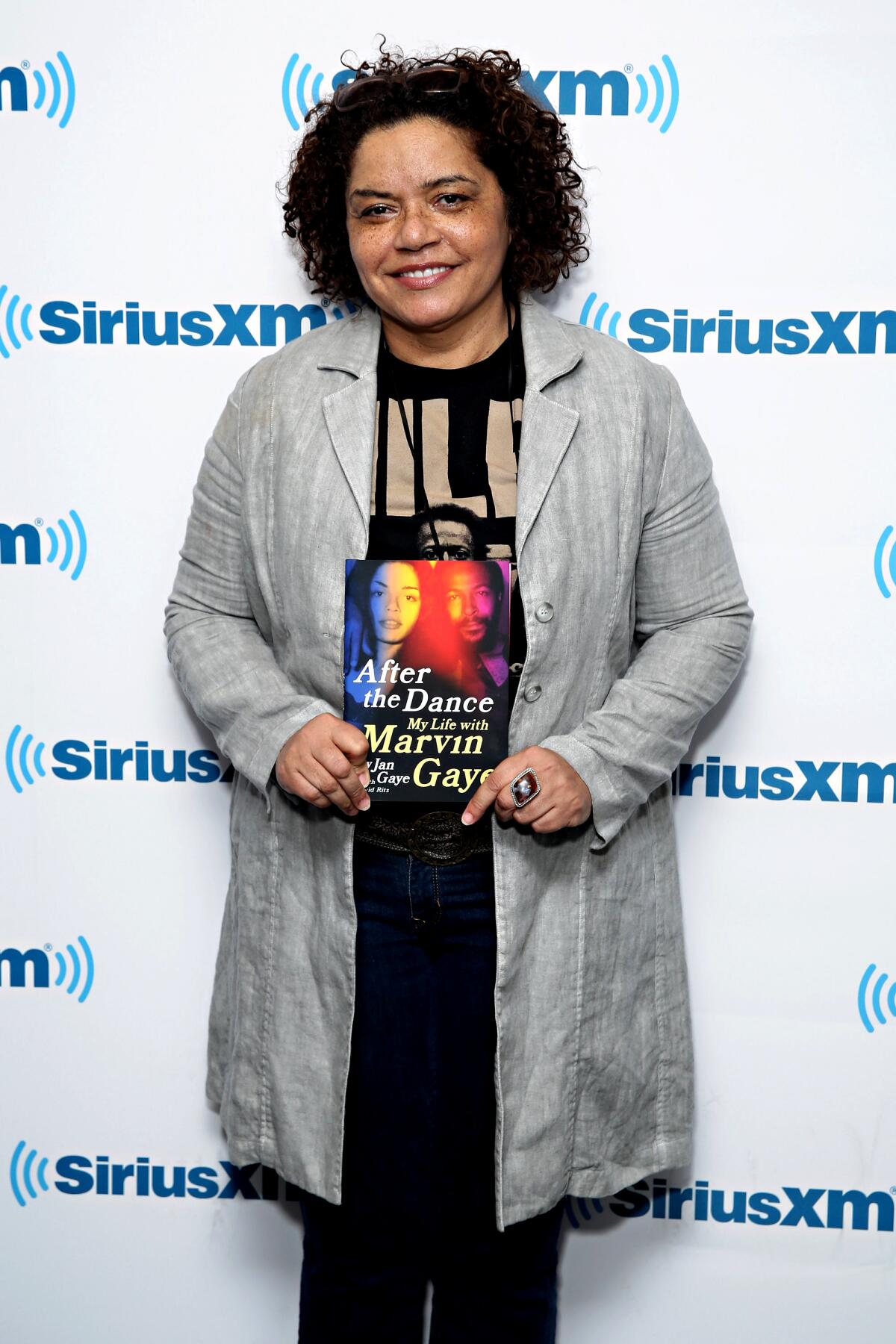
I first met Jan in 1979 when I was working with Marvin on his biography, “Divided Soul.” She was 23, strikingly beautiful and eager to reconcile her relationship with the singer who was suffering from depression and drug addiction. We were at the home that Marvin had bought his parents in Mid-City Los Angeles. Sweet one moment and sour the next, Marvin was out of sorts.
Marvin’s mom stepped in with some advice to her daughter-in-law.
“He loves you,” said Alberta Gay, who spoke in the same quiet voice that characterized her son. “But because he’s a genius, his mind is crowded with too many thoughts. He has a hard time sorting out his feelings. All we can do is be patient.”
Over the years, I saw that patience was Jan’s most enduring quality. To endure the story that bell hooks found so fascinating required almost superhuman patience.
Though Jan was born into jazz royalty, her childhood was rough. Her father, the singer-writer-instrumentalist Bulee “Slim” Gaillard, famous for his hit song “Flat Foot Floogie (With a Floy Floy),” was a bebopper of mythological import. He was author of the “Slim Gaillard Vout-o-Reenee Dictionary” that delineated a hipster language he himself had invented.
Jan’s mom, Barbara, had a short-lived affair with Slim, who was married at the time and, as he said, “had more children than I can name or remember.”
From ages 14 months to 14 years, she lived in an unlicensed foster home in L.A., where she was continually abused by the woman who owned the facility.
By the time she was 15, she’d found a way to free herself.
“Mom knew,” said Jan, “that she could no longer force me to remain at a residence I so deeply loathed.”
By then her mother had married Earl Hunter who, in Jan’s words, was “another hyper-hip character with swag and style. He had a funky background, but he accepted me into his home and did his best to love and protect me.”
Days after Jan’s 17th birthday, in 1973, Ed Townsend, a friend to Barbara and Earl, was writing with Marvin Gaye, then estranged from his first wife, Anna, sister of Motown owner Berry Gordy.
During the studio sessions that would produce Marvin’s megahit “Let’s Get It On,” Ed introduced Jan to the soul singer.
“I saw her as more than a real girl,” Marvin later told me. “She suddenly appeared as a gift of God.”
His infatuation was profound. Jan had been in love with Marvin since she was 8, when she saw him singing “How Sweet It Is” on “American Bandstand.” Now she suddenly found herself swept up in a life of tremendous excitement and endless turmoil.
“The early years were beautiful,” she recalled. “Even dreamlike.”
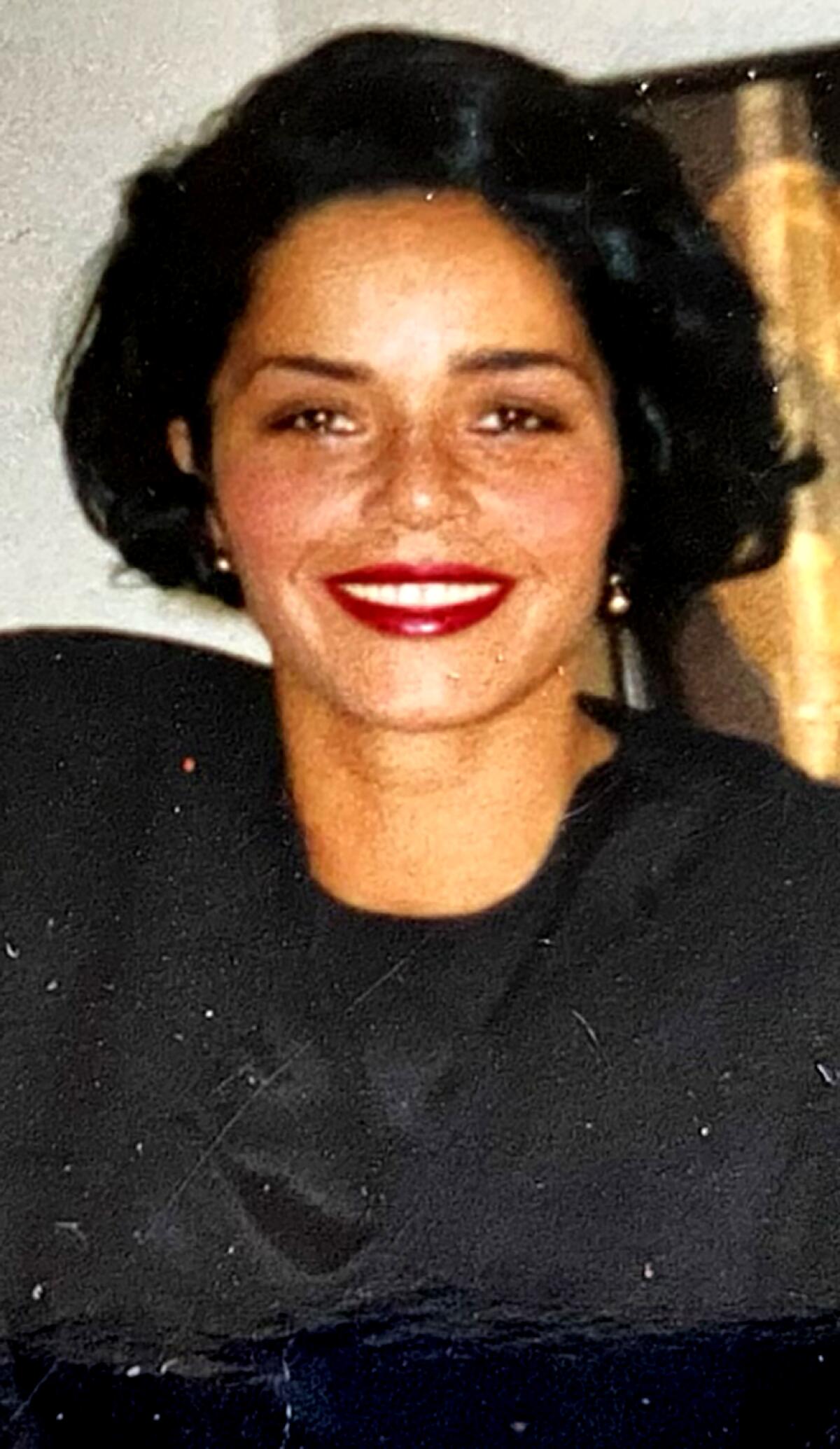
Their daughter, Nona “Pie” Aisha, was born in 1974; their son, Frankie “Bubby” Christian, in 1975.
“In 1973 I wrote my first song — called ‘Jan’ — for the woman who had become my muse, but, on a deeper level, it was the spiritual and sensual love I felt for Jan that informed ‘I Want You,’” said Marvin, referring to his landmark album from 1976.
Marvin’s psychological challenges generated chaos to those closest to him.
“He created pain in his personal life,” Jan theorized, “and transformed that pain into musical ecstasy. The more he suffered, the greater his art.”
Jan designed Gaye’s iconic signature look in the ’70s: red watch cap, beaded denim shirt, red-laced high-heeled silver boots. She also sang backup vocals on Marvin’s quixotic hit from 1977, “Got to Give It Up.”
“She understood my idiosyncrasies more than I understood them myself,” said Marvin. “Jan saw my soul.”
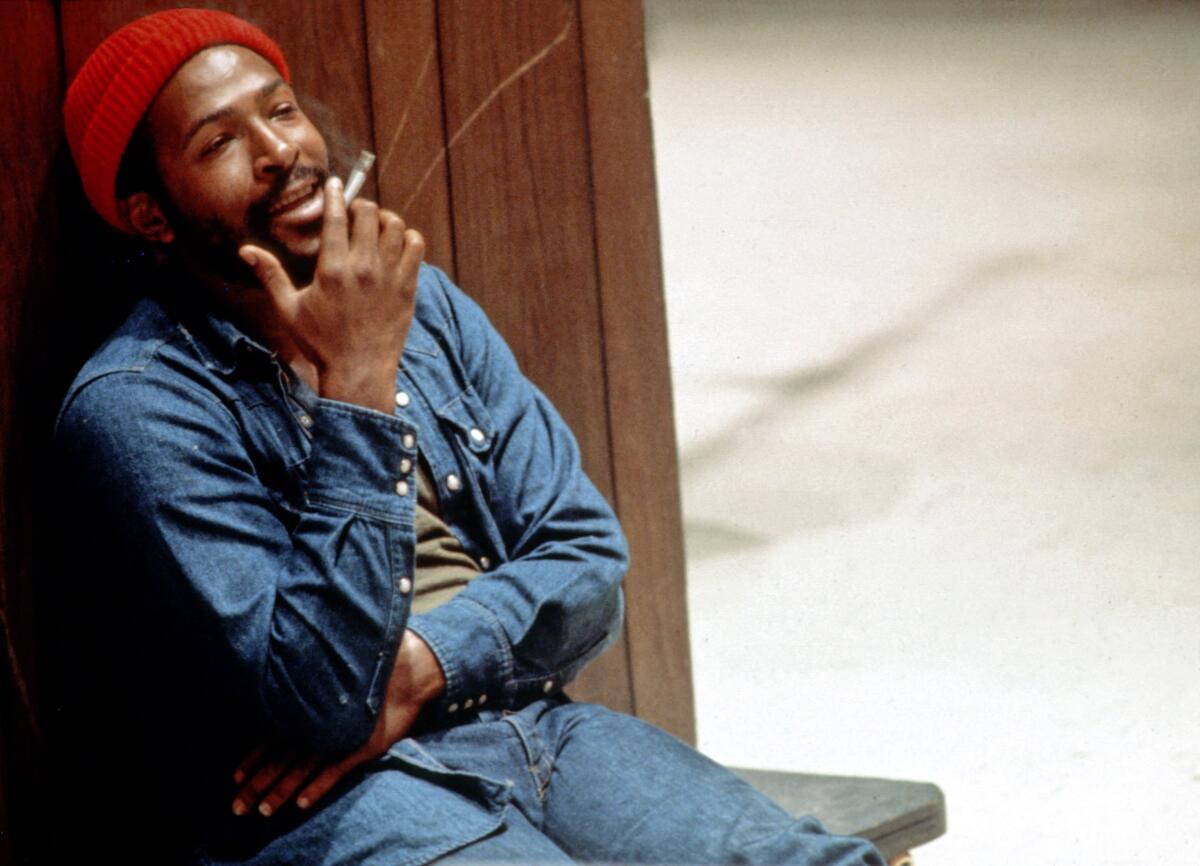
Their marriage lasted until their divorce in 1981, but their bond endured. Despite Jan’s brief romances with soul singers Teddy Pendergrass and Frankie Beverly, Marvin’s obsession with his second wife never subsided.
“I’ll be writing about her,” he told me, referring to “Falling in Love Again,” the concluding song of his masterwork “Here, My Dear,” “until the day I die.”
Rick James, the late R&B and funk-rock star, was one of Jan’s confidants during her trying times. He spoke to me of their friendship.
“She understood the madness that can accompany gifted artists,” he said. “Jan was all about compassion. She had a strength that couldn’t be broken. Especially when it came to her children. She was the ultimate Mama Bear protecting her cubs.”
After Marvin’s death, it was Jan who became the steward of his estate.
“Her unwavering commitment,” said her attorney Mark Levinsohn, “was to ensure the prominence of Marvin’s legacy. She was passionate about Marvin’s music and his dream to inspire positive change, and she dedicated much of her life to help achieve that goal.”
In grieving her passing, I take comfort in remembering that she had, in fact, triumphed over great obstacles. As a super-strong single mom, she had raised her children and grandson Nolan Pentz with loving care; she had kept Marvin’s artistry alive; she had told her story with unflinching candor; and she had lived a life founded in faith.
In our last conversation earlier this year, Jan had told me, “It’s taken me a long time to realize this, but real healing comes not in regret, but in gratitude. I’m grateful for so much.”
David Ritz, co-composer of the song “Sexual Healing,” is the author of numerous books, including “Divided Soul: The Life of Marvin Gaye.”
More to Read
The biggest entertainment stories
Get our big stories about Hollywood, film, television, music, arts, culture and more right in your inbox as soon as they publish.
You may occasionally receive promotional content from the Los Angeles Times.


